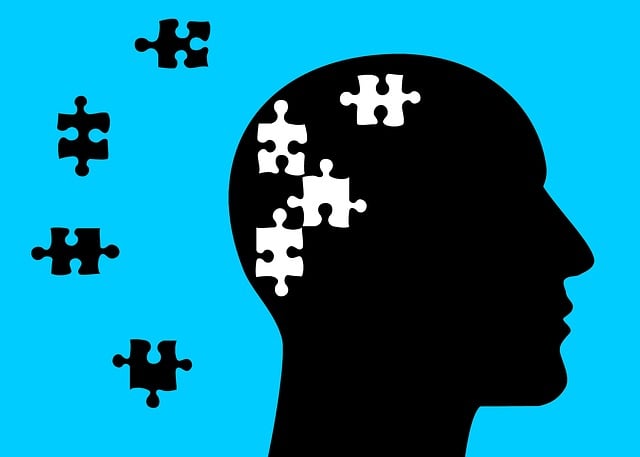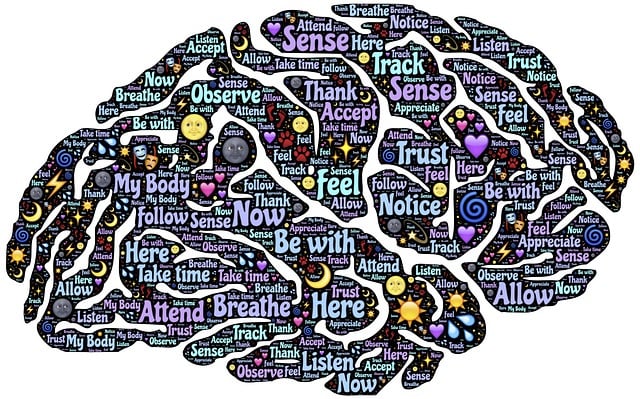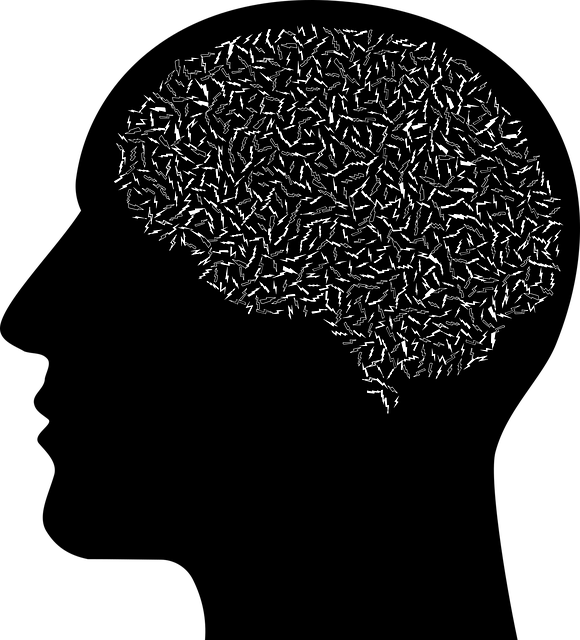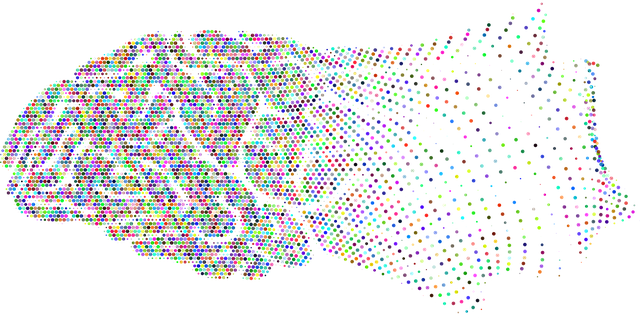Louisville's holistic approach to Autism Spectrum Disorder (ASD) therapy prioritizes both immediate crisis intervention and long-term coping strategies. Techniques like Social Skills Training, Self-Esteem Improvement, and specialized care during crises aim to enhance communication, emotional regulation, and overall well-being for individuals with ASD. Public education programs and awareness campaigns further support an inclusive environment, reducing stigma and improving support systems in Louisville, where dedicated therapists offer tailored interventions based on cultural sensitivity, risk management, and trauma support.
In the realm of supporting individuals on the autism spectrum, effective crisis intervention strategies are paramount. This article explores Louisville Autism Spectrum Disorder (ASD) Therapy as a foundational approach, providing key insights into navigating crises effectively. We delve into practical guidelines and tips tailored to support those with ASD during challenging situations. By understanding Louisville ASD Therapy principles, we can enhance crisis management, fostering safer and more supportive environments for individuals on the spectrum.
- Understanding Louisville Autism Spectrum Disorder Therapy: A Foundation for Crisis Intervention
- Key Strategies for Effective Crisis Intervention in ASD
- Practical Guidelines and Tips for Supporting Individuals with ASD During Crises
Understanding Louisville Autism Spectrum Disorder Therapy: A Foundation for Crisis Intervention

Louisville Autism Spectrum Disorder (ASD) Therapy serves as a robust foundation for crisis intervention strategies. Understanding the unique challenges and strengths associated with ASD is pivotal in developing effective interventions. Louisville’s approach to ASD therapy emphasizes individualized support, leveraging specialized techniques tailored to each person’s needs. This includes behavior therapy, communication skills training, and social skill development, all designed to enhance self-esteem and promote better mental health outcomes.
Public Awareness Campaigns Development and Mental Health Education Programs Design play a crucial role in fostering an inclusive environment. By educating the community about ASD, these initiatives reduce stigma and improve support systems for individuals on the spectrum. This, in turn, equips caregivers and bystanders with the knowledge to respond appropriately during crises, ensuring timely and effective interventions.
Key Strategies for Effective Crisis Intervention in ASD

In the context of Louisville Autism Spectrum Disorder (ASD) Therapy, crisis intervention strategies play a pivotal role in supporting individuals navigate challenging situations. Effective interventions demand a nuanced approach, focusing on both the present acute distress and long-term coping mechanisms. One key strategy is Social Skills Training, empowering individuals to recognize and manage emotional triggers, communicate effectively, and de-escalate conflicts. This not only improves interactions but also fosters a sense of belonging and support, crucial for mitigating crises.
Additionally, targeting Self-Esteem Improvement is vital. Building confidence and self-belief can significantly enhance an individual’s resilience during crises. Techniques such as positive reinforcement, goal setting, and cognitive reframing help shift perspectives from negative to more adaptive ones, thereby reducing the risk of depression and promoting a proactive mindset. By integrating these strategies, Louisville ASD Therapy can offer comprehensive guidance, ensuring individuals possess the tools necessary to navigate life’s challenges with greater ease and confidence.
Practical Guidelines and Tips for Supporting Individuals with ASD During Crises

Supporting individuals with Autism Spectrum Disorder (ASD) during crises requires a tailored approach that considers their unique needs and challenges. Louisville Autism Spectrum Disorder Therapy professionals should be well-versed in practical guidelines, such as providing a calm and predictable environment, using clear and concise communication, and offering sensory supports like noise-cancelling headphones or fidget tools. It’s crucial to foster a sense of safety and trust, allowing the individual to express their feelings and concerns openly.
Risk Management Planning for Mental Health Professionals is essential in this context. Incorporating Trauma Support Services and Cultural Sensitivity in Mental Healthcare Practice can significantly enhance care delivery. For instance, understanding cultural beliefs and practices related to crisis management can prevent misunderstandings and promote more effective interventions. By integrating these strategies, Louisville Autism Spectrum Disorder Therapy practitioners can offer comprehensive support, ensuring the best possible outcomes for individuals with ASD during times of distress.
Louisville Autism Spectrum Disorder (ASD) therapy offers a robust foundation for effective crisis intervention strategies. By understanding the unique needs and challenges of individuals with ASD, we can implement key interventions such as structured communication, sensory de-escalation techniques, and individualized support plans. Following practical guidelines and tips outlined in this article, professionals and caregivers can confidently navigate crises, fostering safety and promoting positive outcomes for those on the autism spectrum. Louisville ASD therapy serves as a valuable resource, guiding us to better support and serve this community during challenging times.











